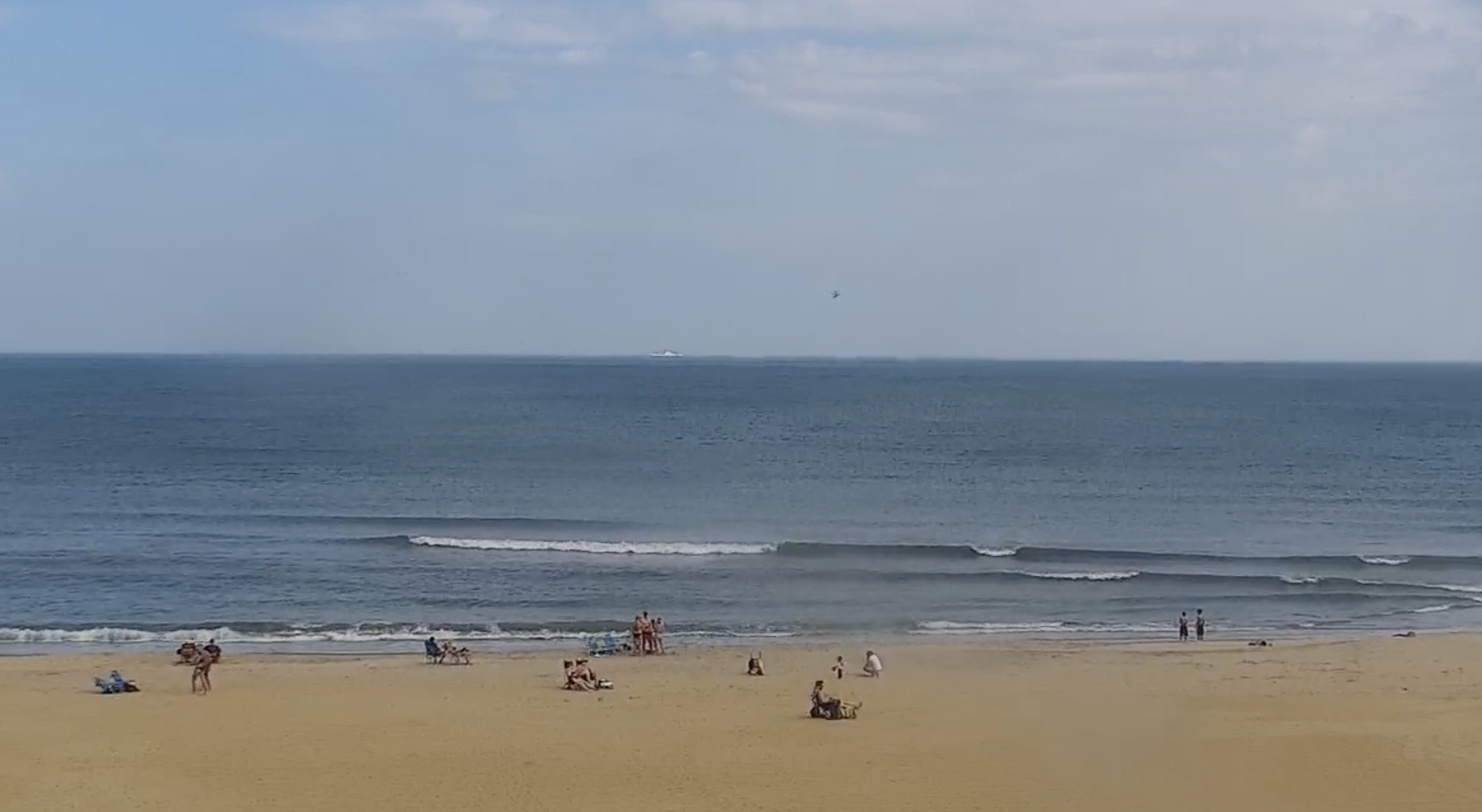Bills introduced in House and Senate
would eliminate all ferry tolls
By CONNIE LEINBACH
By CONNIE LEINBACH
By CONNIE LEINBACH
Ocracoke has friends in the North Carolina House of Representatives and Senate working to eliminate ferry tolls during this short legislative session while they craft a spending budget for next year.
Both legislative bodies have proposed stand-alone bills to eliminate all tolls on the North Carolina ferry system, which is the second largest ferry system in the country. This coastal area of the state has been fighting the enacting of tolls on non-tolled routes and the raising of tolls on the tolled routes for the last three years and has so far been successful.
“What’s exciting is that it’s part of a great marketing vision for North Carolina,” noted S. Henri McClees, of McClees & McClees Consulting, lobbyists hired by Hyde and other counties to promote the interests of Eastern North Carolina. “They’re looking at the big picture for all of transportation and getting tourists here.”
The legislators, in particular, are Sen. Bill Cook, R-District 1, who filed Senate Bill 792 to remove tolls on the routes currently tolled, and House Bill 1234, which calls for the same thing, was sponsored by Reps. Paul Tine, John Torbett, Bob Steinburg, and Michael Speciale. The bill allows the state Department of Transportation to find other money-generating activities, such as concession sales and advertising.
“Even if all the ferry routes were tolled, the revenue would not go far in offsetting the significant cost of running and making capital improvements to the ferry system,” Cook wrote in a press release. “Ferry tolls are the same as tolls on bridges. If you are going to toll ferries, you should toll bridges and we are not tolling them so why toll ferries?”
Senate District 1 covers five of the seven ferry routes in North Carolina.
If the General Assembly does not enact either of these bills, the prospect of tolls on the untolled ferries and raised rates on the tolled ferries are still a possibility since the legislation calling for tolls to fund ferry replacement was enacted last year and is still the law, McClees explained. The issue of how to fund replacement ferries down the road is still out there.
In March, the Regional Planning Organization (RPO) of the North Carolina Department of Transportation’s Division 1, which is overseen by the Albemarle Commission and which includes Hyde and Dare counties, did not vote on the DOT’s request to enact tolls on the Hatteras-Ocracoke Ferry.
The hearings were about the legislature’s desire to raise $5 million per year from the seven ferries in the eastern part of the state in order to pay for replacement boats in the 22-boat fleet.
The decision to enact tolls to raise more revenue is now in the hands of local folks who are part of the RPO, which includes 10 counties in eastern North Carolina. A complicated funding procedure devised last year by Gov. Pat McCrory and called the Strategic Transportation Investments divided the state into 10 regions all of whom were given $32 million with which to fund bridges, trains, airports, roads, bike and pedestrian projects and ferry replacement. Prior to this initiative, ferry replacements were done by an appropriation from the General Assembly.
In the meantime, McClees is impressed with the vision some of the new representatives are bringing to the debate.
“They’re looking at transportation for generating tourism dollars, be it highways, ports or ferries,” she said.
The transformation of Charleston, S.C., into a tourist destination has inspired them. Years ago when the Navy base there closed, the leadership cast about for another way to generate income.
“They marketed it as a romantic destination, started the Spoleto Festival and transformed it into a huge destination that brought in lots of tourist money,” she said. “That’s the kind of vision some of these (new N.C. legislators) have for Eastern North Carolina.”
While Coastal North Carolina has some Senate friends such as Cook and Sen. Norman Sanderson, the co-sponsor of the Senate bill, the Senate is more dug into wresting more money out of the ferry system, McClees said. Many of them, such as Sen. Bill Raybon, chairman of the Senate Transportation Committee, have a “fees for users” philosophy.
McClees said that the Senate has presented its budget and the House hopes to publish its version of the budget on June 9.
After that, if there are two different budget proposals, selected members of both bodies will negotiate a budget point by point, she said.
Ocracoke business people are hoping the legislature can put this ferry toll wrangling to bed.
“The biggest economic impact we have on this island is to get more people here,” noted Bob Chestnut, owner of Ride the Wind Surf Shop, about the ferry system. “Settling the whole debate of how it’s financed is big.”
They need to focus on how to get more people here to enhance the entire Outer Banks economy, he said.
“Ever since this debate (about tolling ferries) began the whole ferry system seems to be operating on an interim basis,” he continued. “Either we’re going to have a ferry system or we’re not.”














